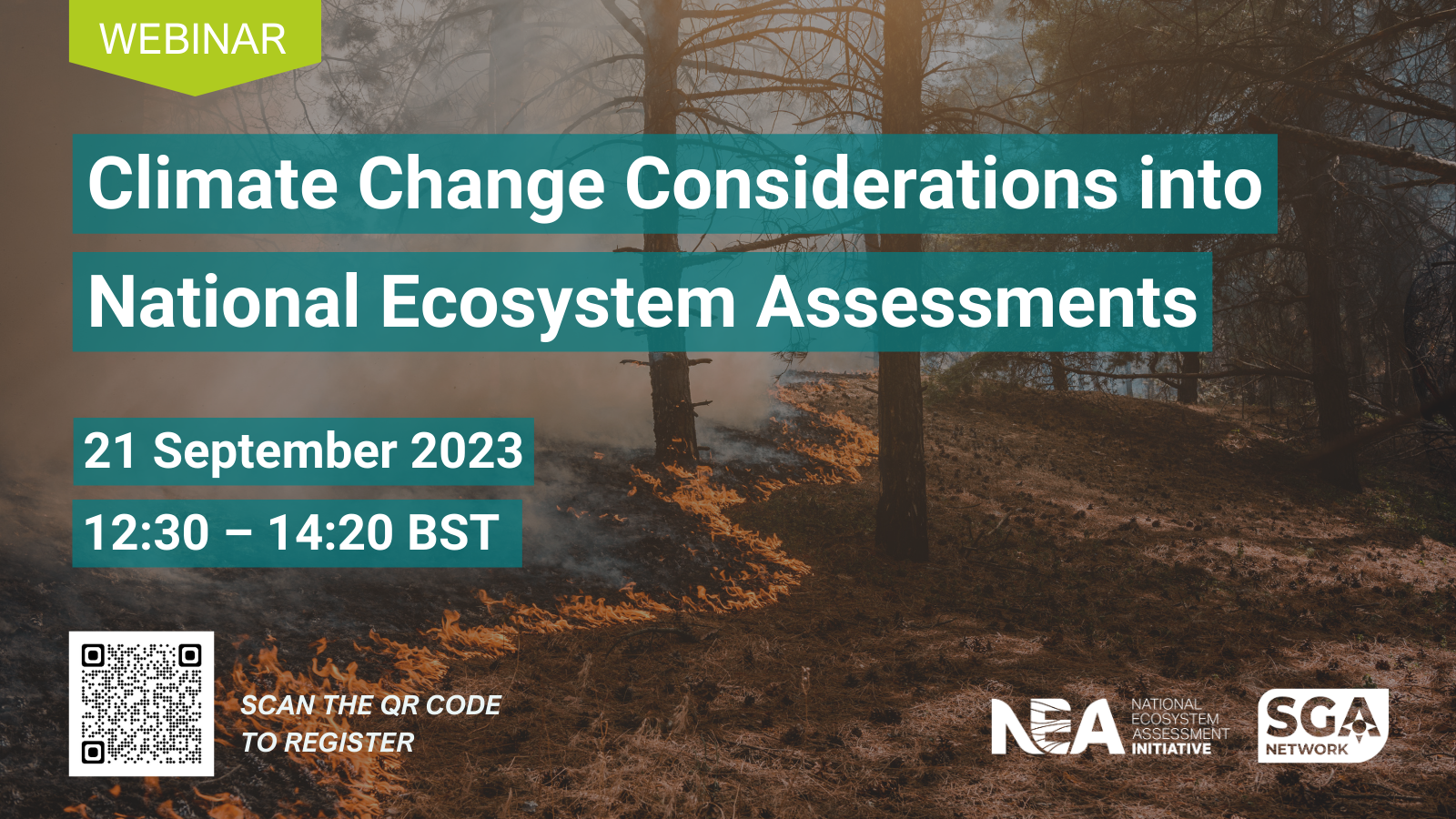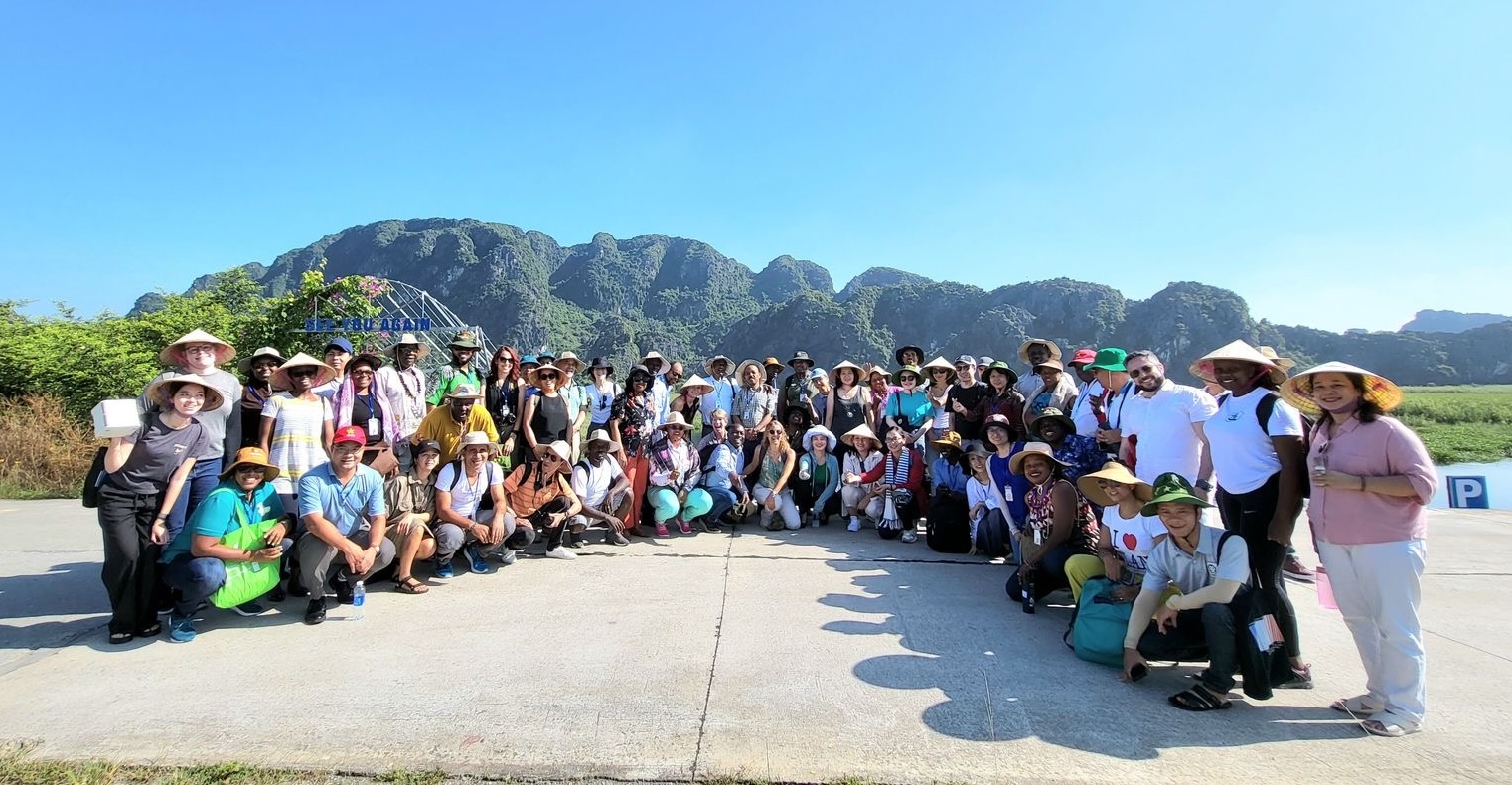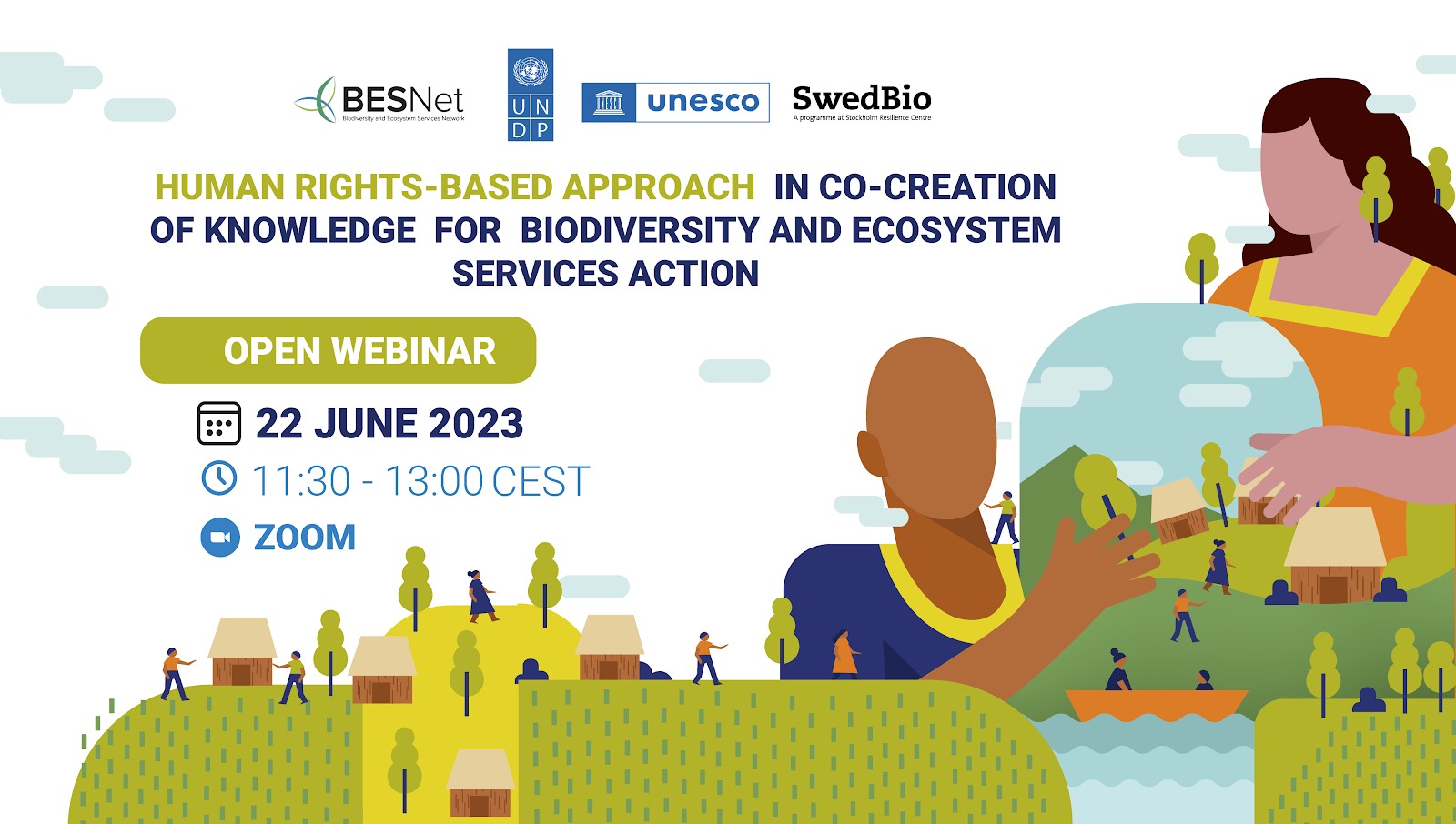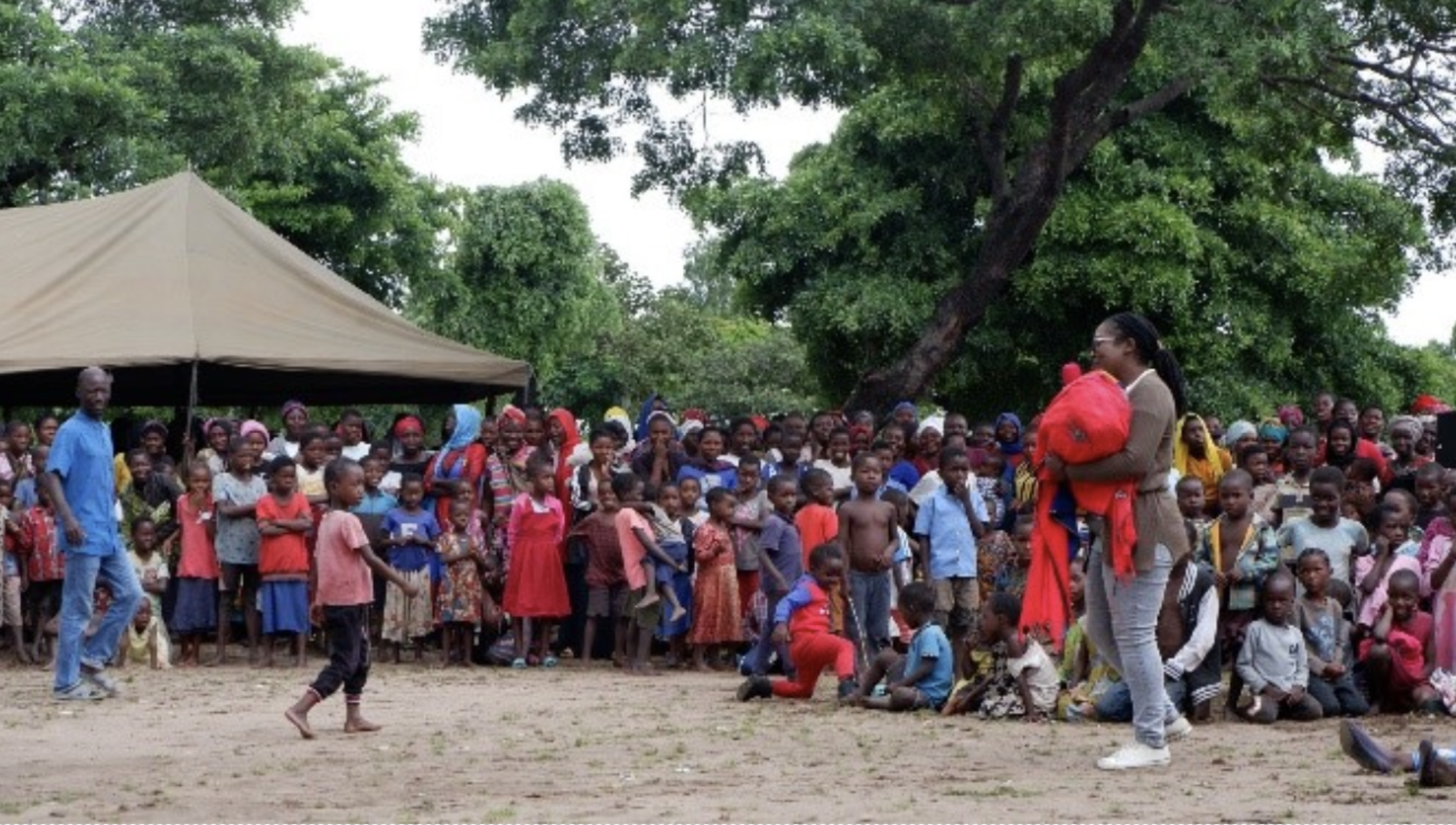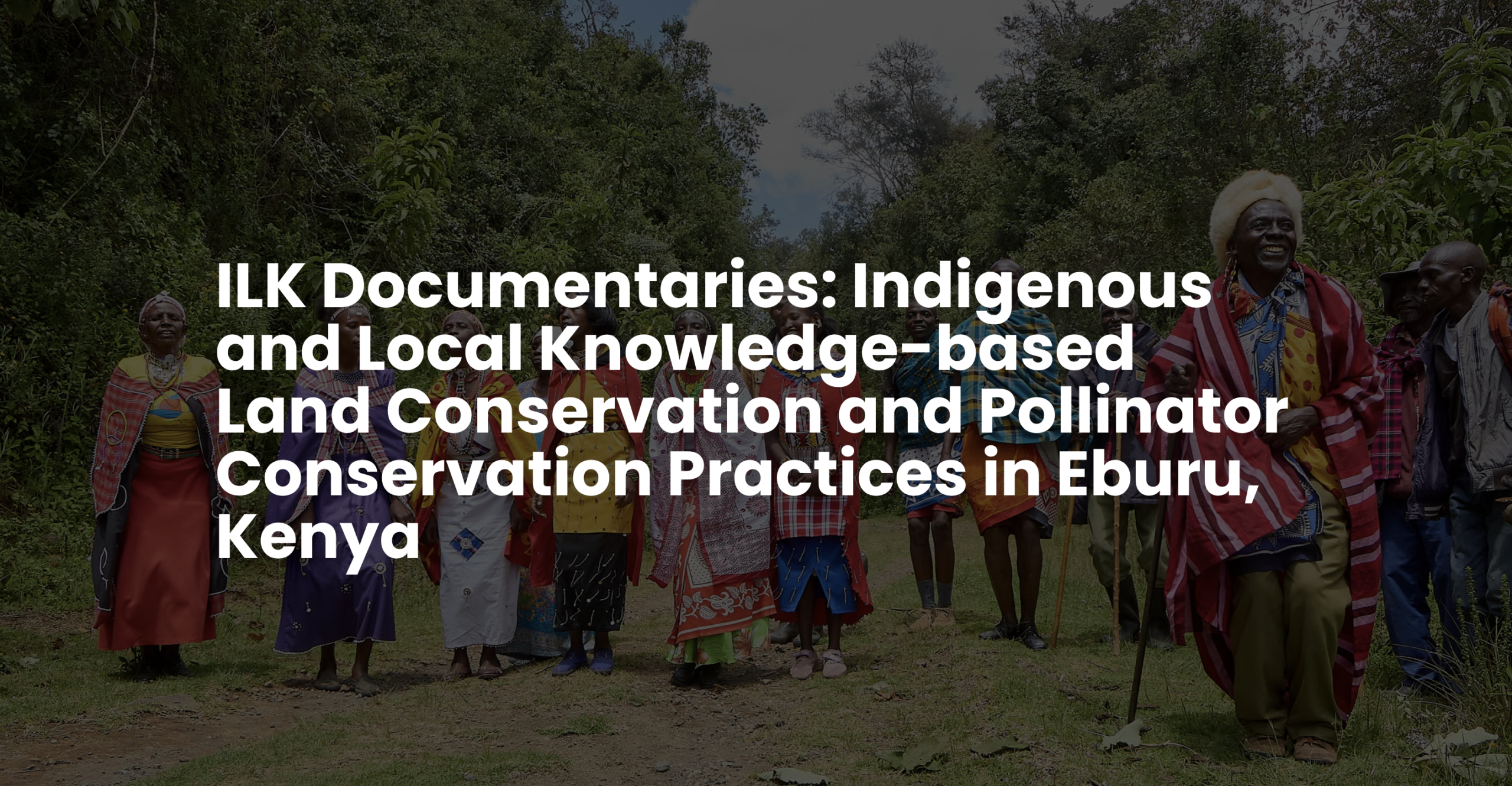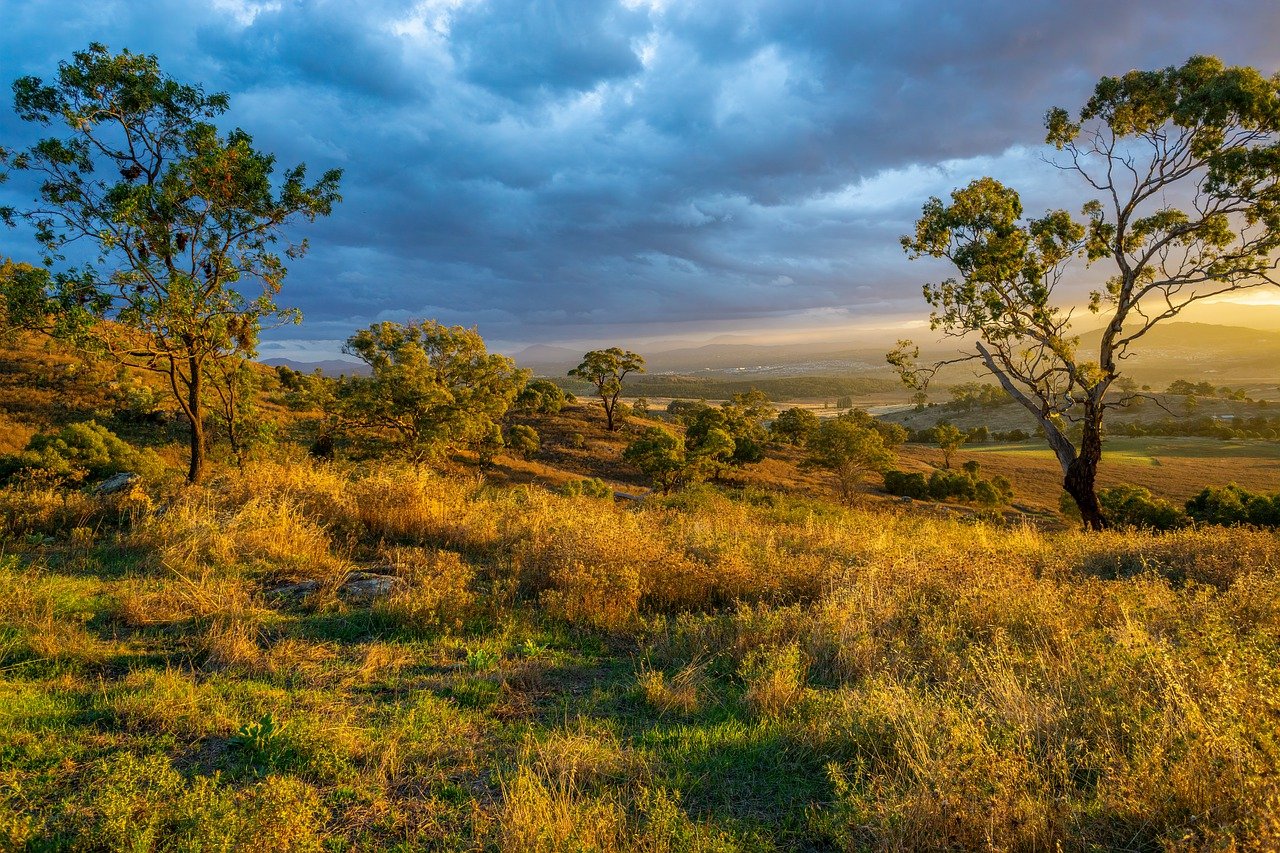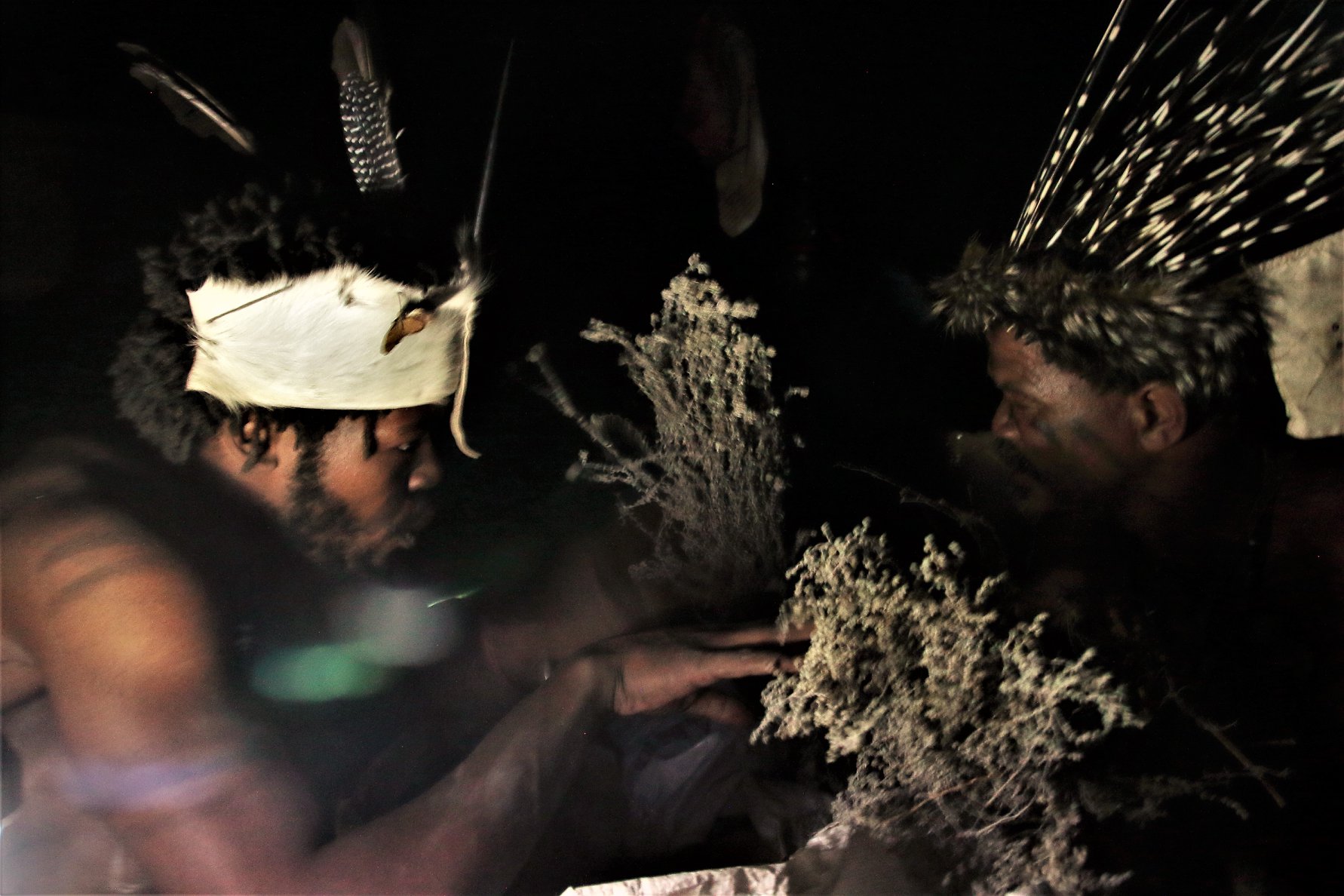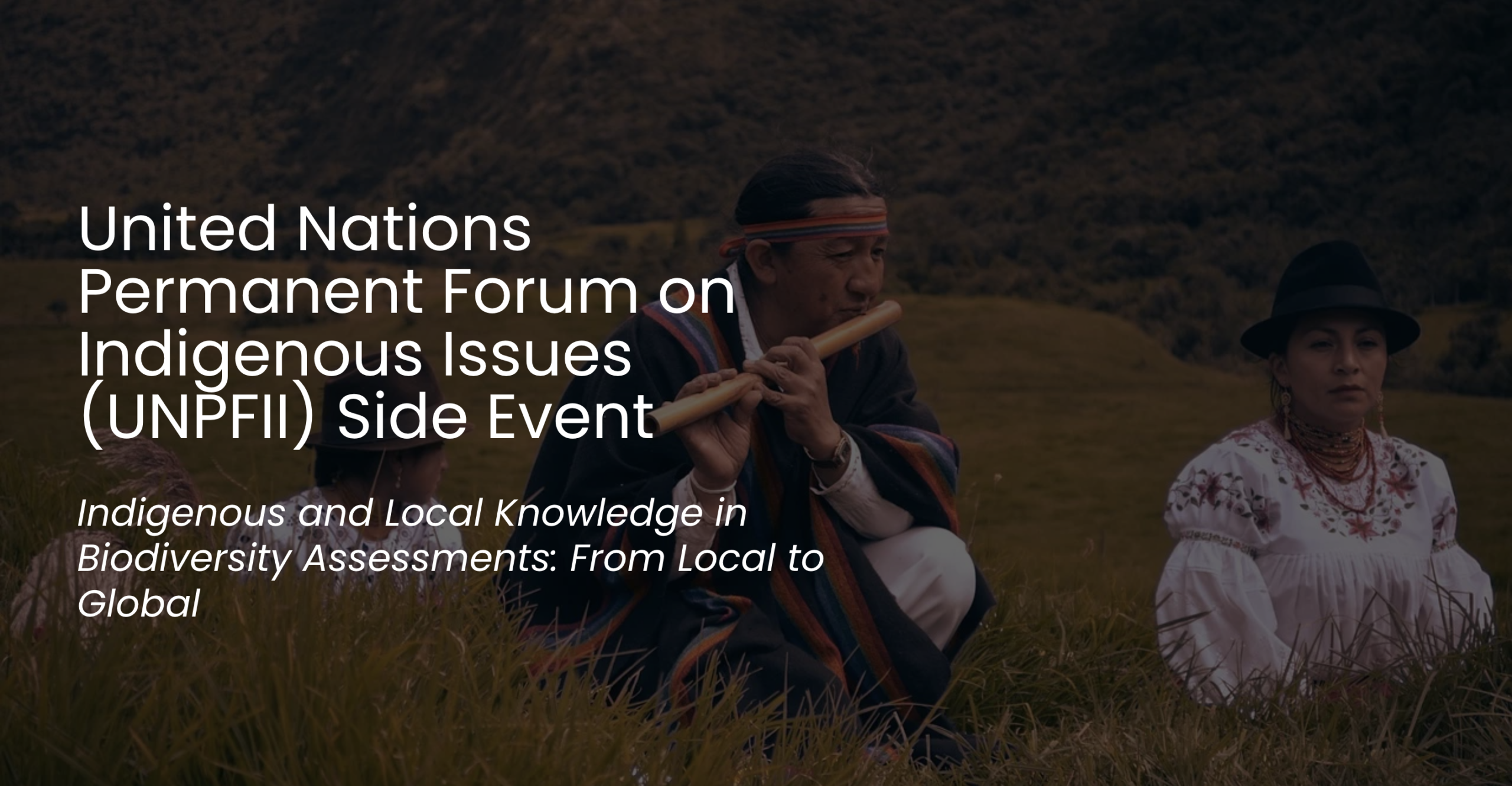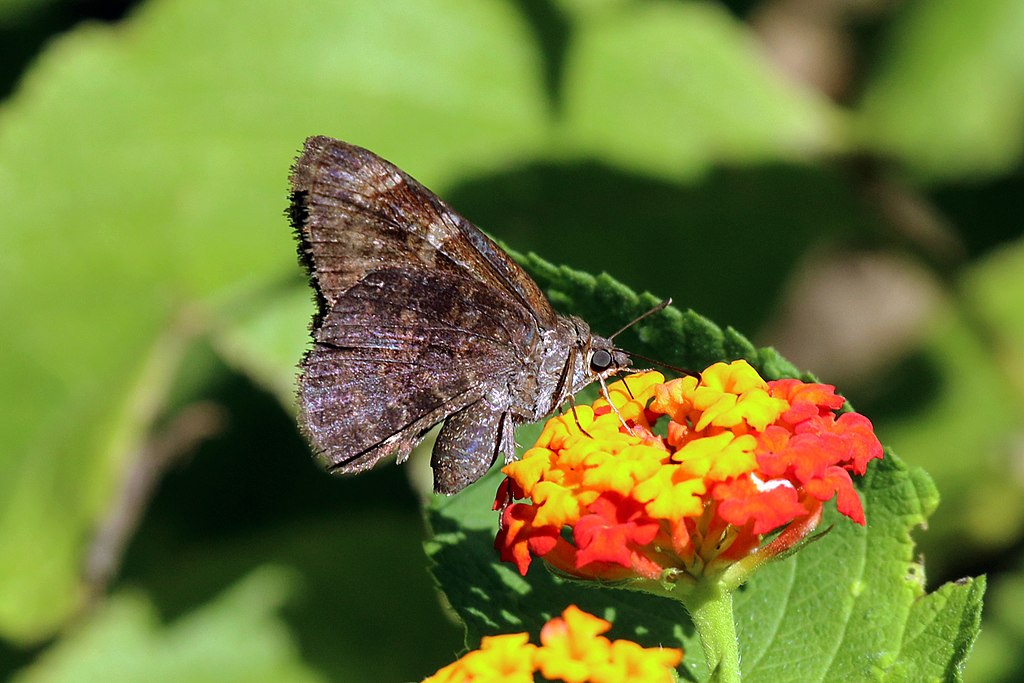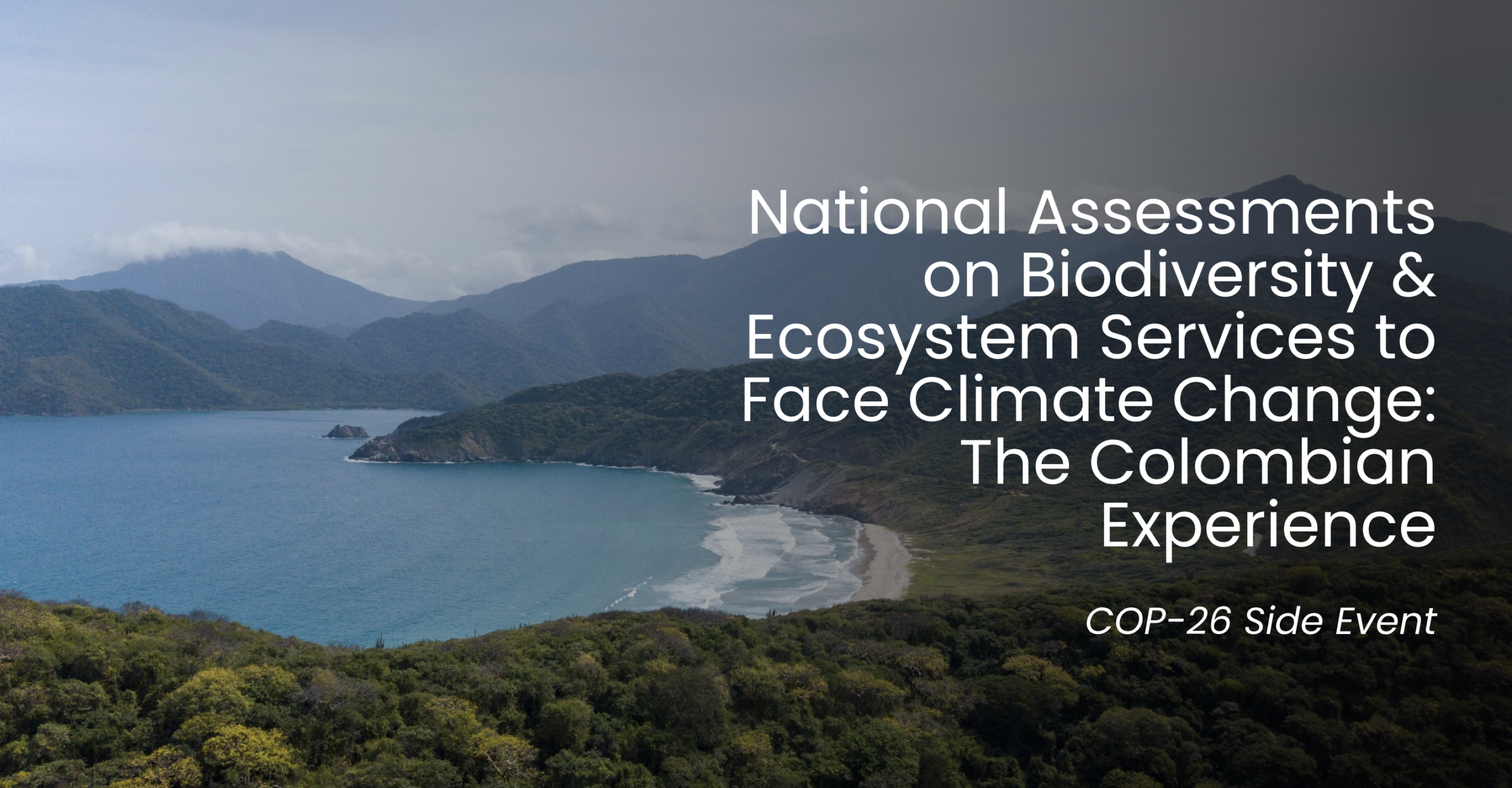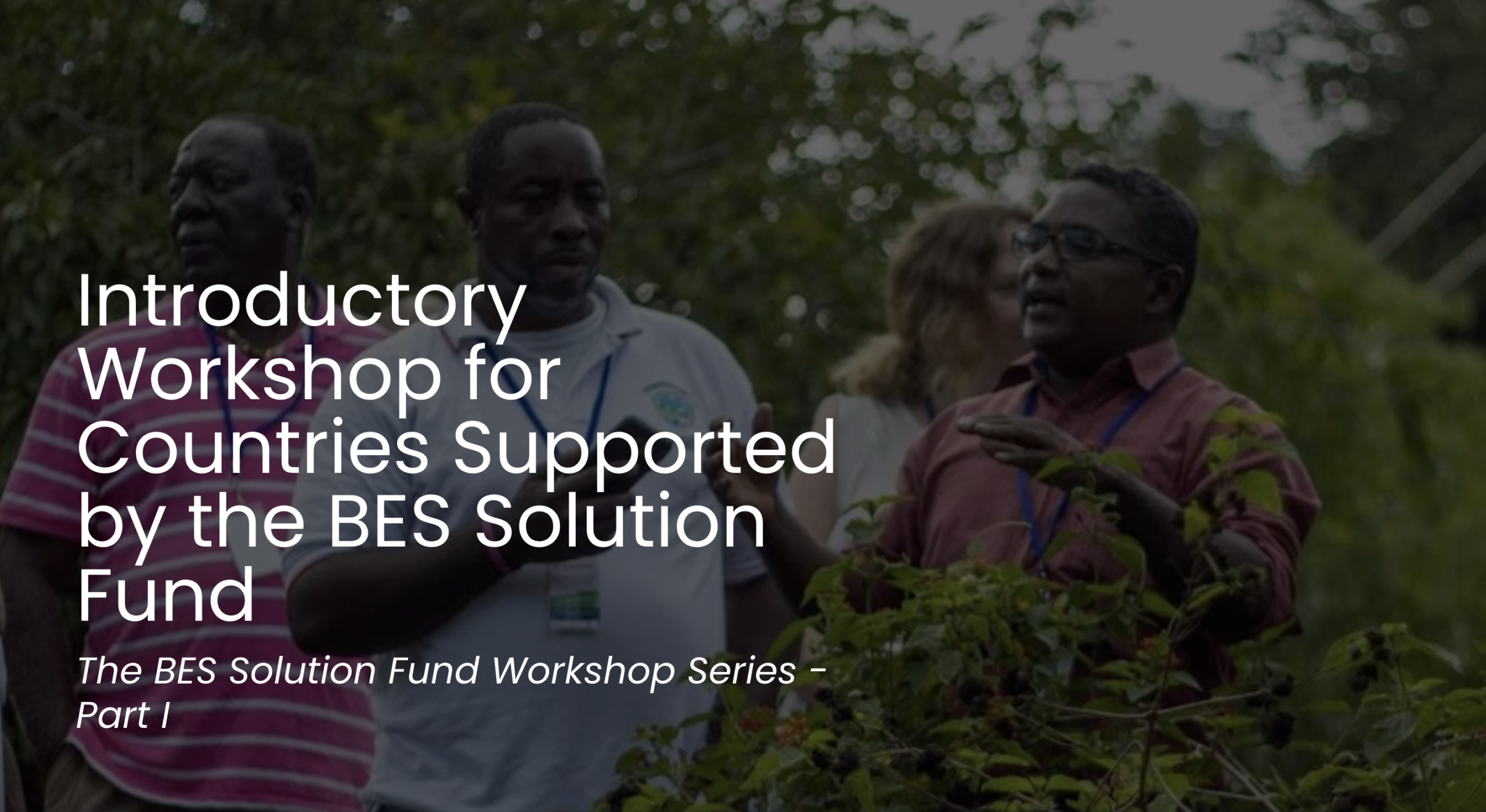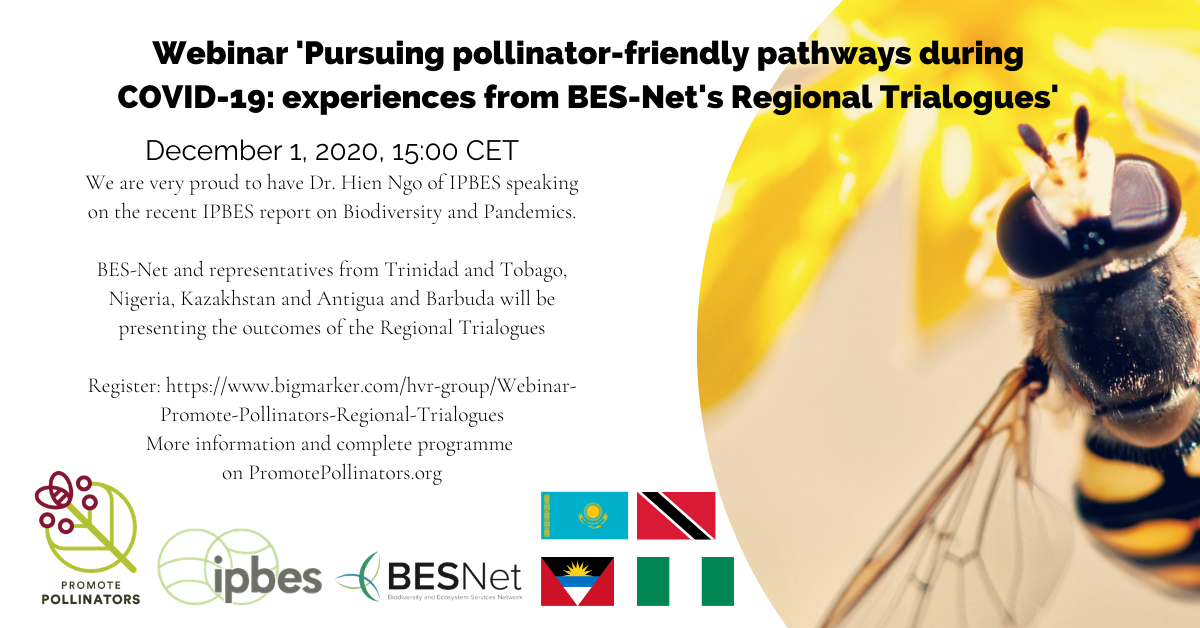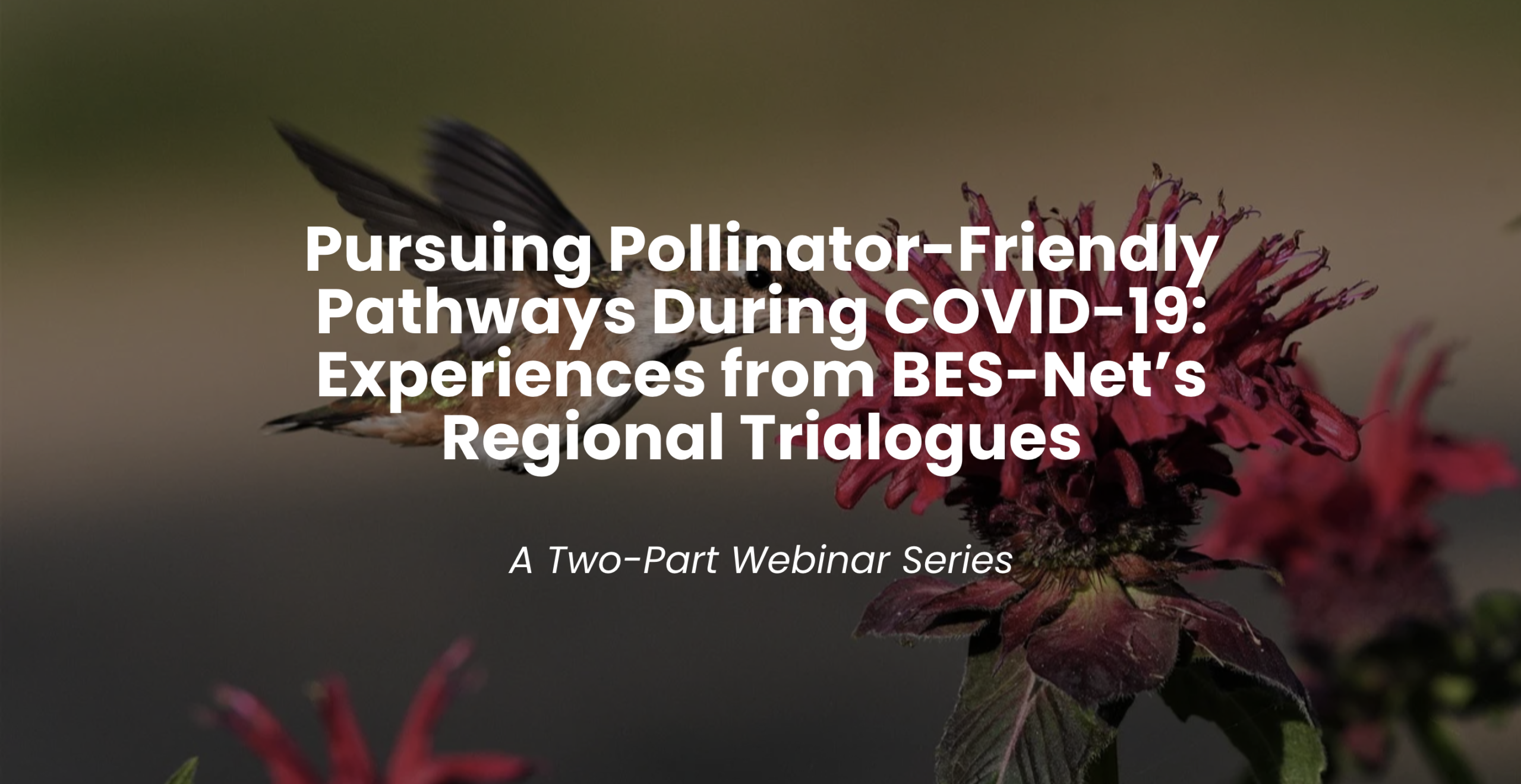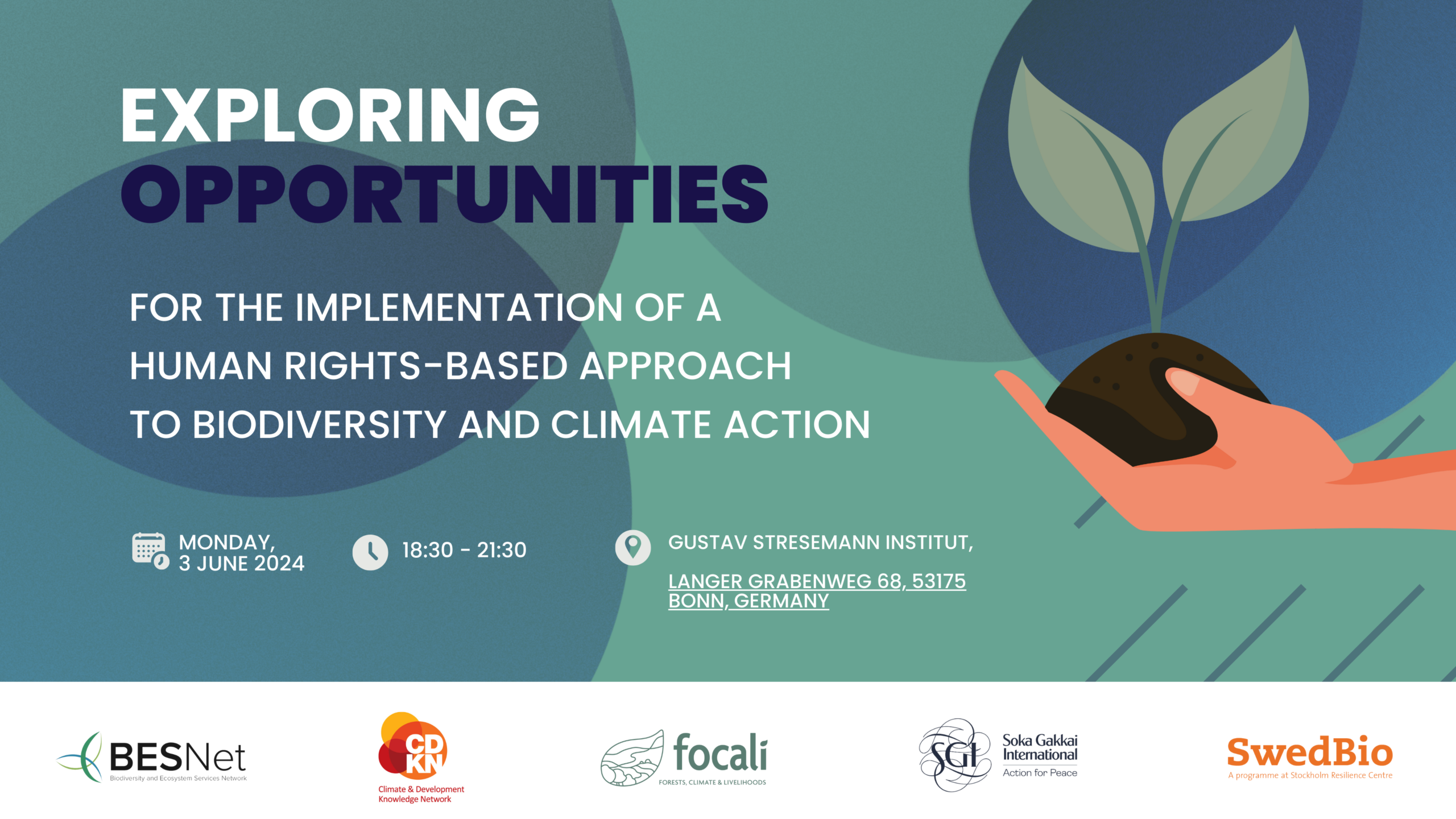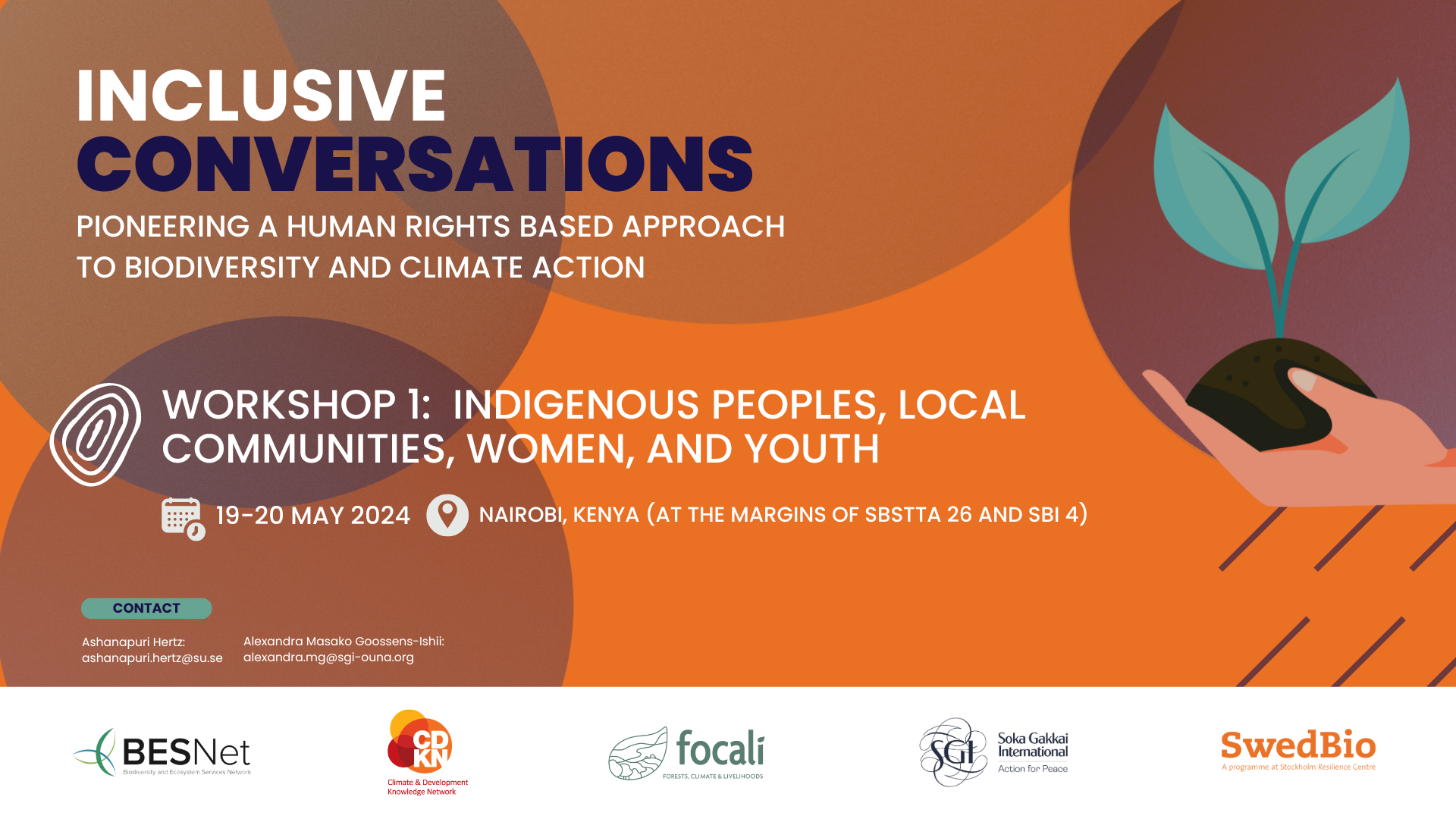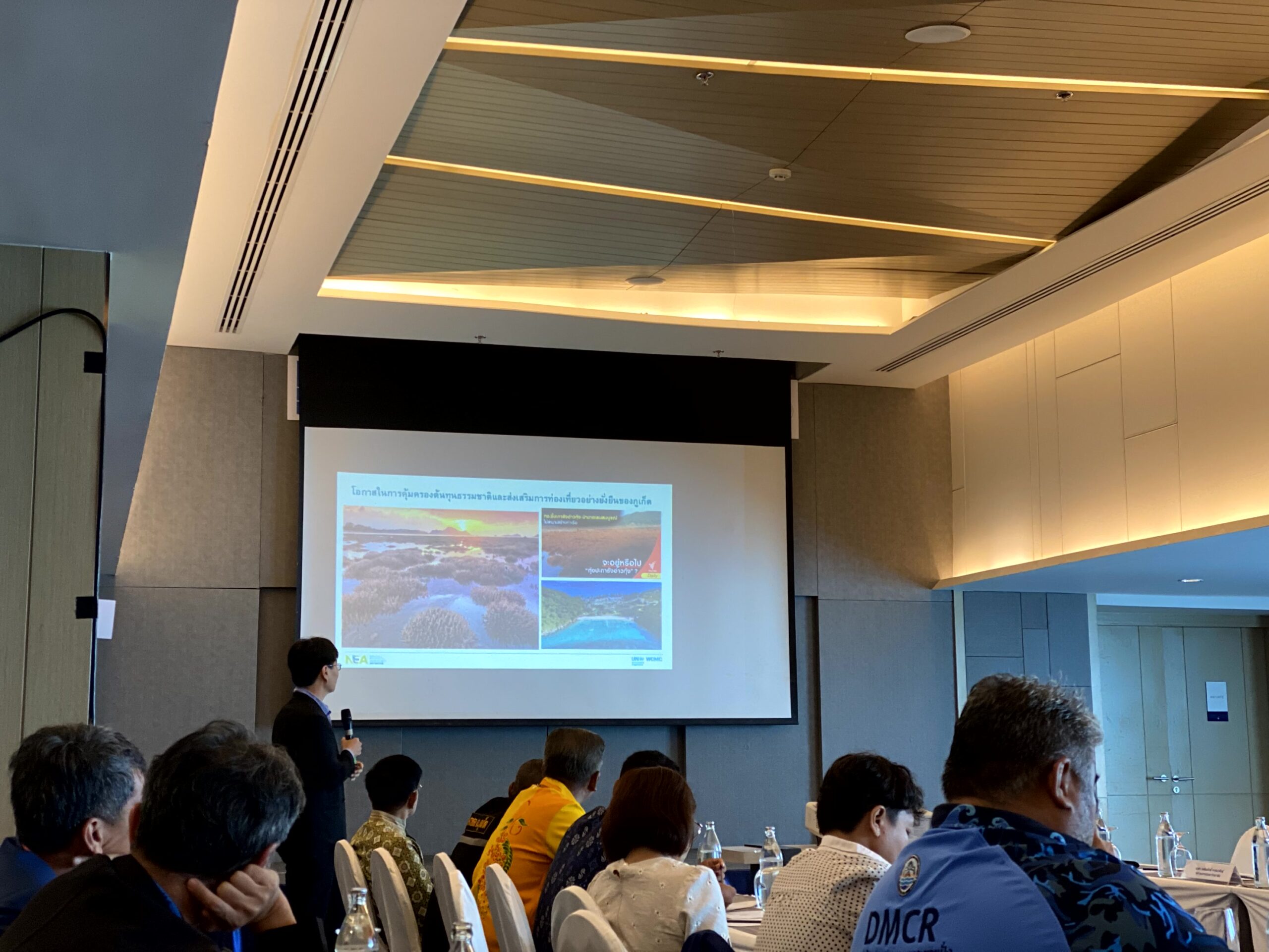Join us for this online training event for advice aimed at anyone interested in creating or enhancing small-medium areas of wildflower grassland in your community, patch of land or place of work. (Note, if you farm or manage a larger of land (e.g. over 5ha), please get in touch with us directly via the details below).
The training will focus on the practicalities of creating, enhancing and managing grassland habitats for nature in different situations, including:
What makes a meadow or grassland? Setting out in the right direction – what works best, where?
Management matters for grassland
- Why cut, why collect and how to do it – machinery, timing, regularity
- The role of grazing (and what to do if grazing isn’t an option!)
- Changes in management that make a difference
Adding wildflower seed or plants
- When and why to add wildflower seed or plants
- How to source suitable seed or plants that benefit nature and work for your site
- Yellow rattle and other semi- parasitic plants – how and when they can help
- Ground preparation and seed introduction methods (by-hand or machine)
- Aftercare and long term management
Things to avoid/routes to success!
A key part of the event will be helping you to troubleshoot any issues that arise (or have already arisen!), exploring options and next steps when facing common pitfalls. We are often asked “what do we do if all we get is a lot of tall grass?”, so will explore this in the main session, but please let us know any other key queries or issues that you would like us to cover. This could either be by email ahead of the event (contact details below), or as part of the open Q and A session on the night.
You can get in touch about the event by emailing events@somersetwildlife.org
You can get in touch about grassland restoration or creation on larger areas of land by completing this online form: https://www.somersetwildlife.org/what-we-do/professional-services/land-management-advice
Why get involved?
Wildflower-rich meadows and pastures were once a commonplace and characteristic feature of the UK’s countryside. Widescale changes including agricultural intensification and development have resulted in loss of over 97% of these valuable grassland habitats. This in turn has contributed to the dramatic widespread decline in species, particularly highlighted by impacts on pollinator and insect populations.
The time for action is long overdue, but we can all still make a difference. So please come along to find out more!



